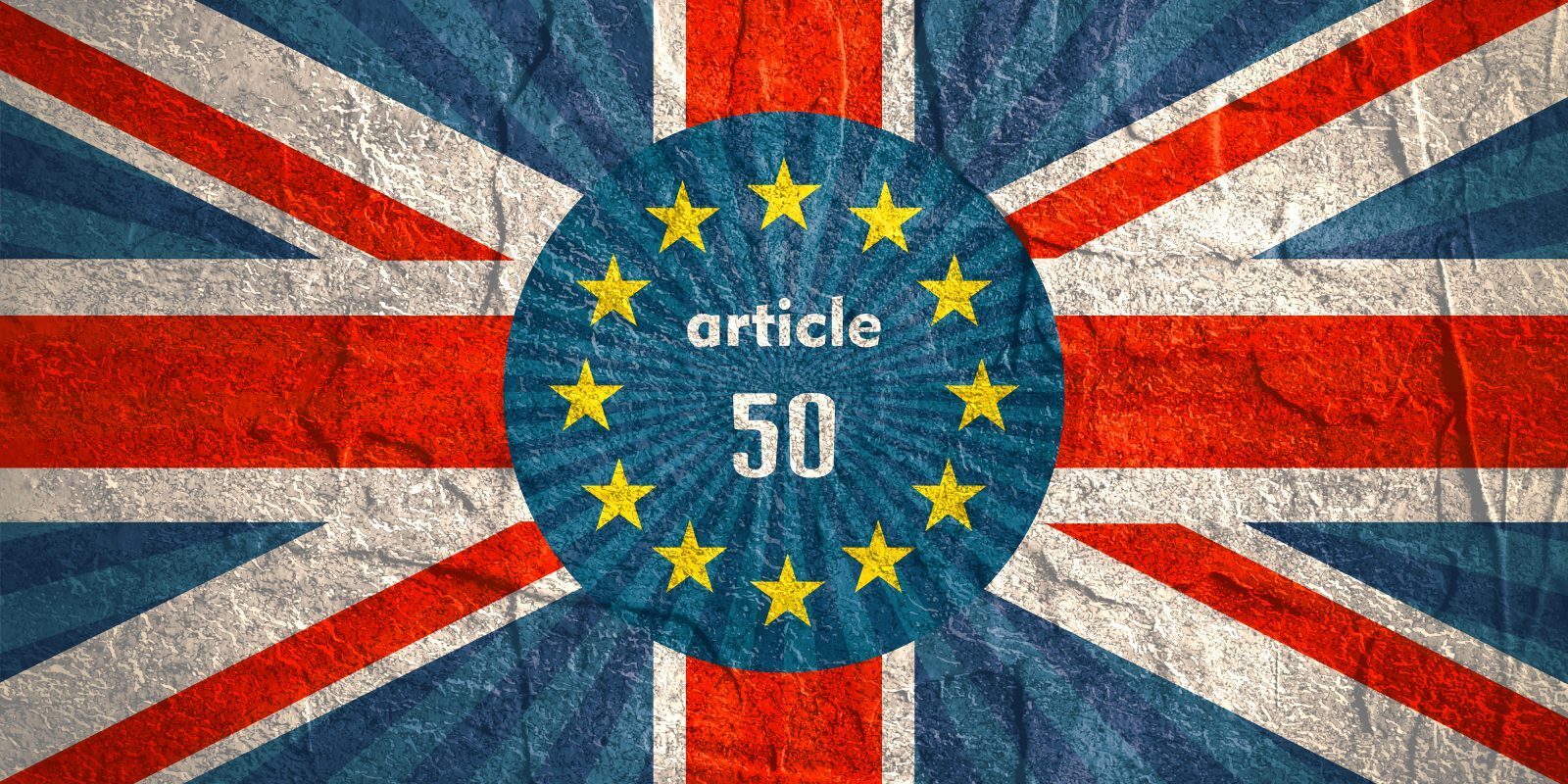
On a day when the UK Prime Minister Theresa May accused some non-specific people from non-specific places of influencing the general election result in non-specific ways, there were some specific movements in the sterling markets.
First, the pound lost half a cent following news that leaving the EU could be costly, then recovered a little when David Davis categorically stated that the UK would not be paying €100 billion.
The Eurozone GDP outpaced the UK’s as unemployment figures dropped, while in the US employment took a hit.
GBP: is the UK regaining momentum?
Following Tuesday’s positive manufacturing purchasing managers’ index (PMI), the construction sector duly followed suit. Much like the manufacturing sector, we had another set of positive figures, with the PMI showing that growth accelerated to a four-month high. This flies in the face of the slight drop-off in the pace of growth the UK has recently experienced.
Indeed, it was reported that civil engineering grew at its fastest pace for a year, and growth in house building also hit a four-month high. With two of the three PMI numbers posting better-than-expected readings, there are tentative signs the UK might be regaining a little momentum after a sluggish start to 2017. It will be hoped that the dominant services sector continues this trend.
Meanwhile, there was focus on the much-discussed Brexit ‘divorce bill’ that leapt from €50 billion to €100 billion. Brexit Secretary David Davis stated that the UK will not be paying this settlement, then later stood in front of a sign that must have been hell for his family.
Looking to the day ahead, we have the aforementioned service sector PMI data. The service sector accounts for 70-80% of economic activity in the UK. If this falls short of forecasts, the head of steam the pound has been building up could soon evaporate.
EUR: eurozone GDP outpaces UK’s
Yesterday’s focus was on the release of the first quarter (Q1) gross domestic product (GDP) numbers from the eurozone. The growth number hit expectations of 0.5%, but more importantly (given the tensions of the Brexit bill), it surpassed the UK figure of 0.3%.
Meanwhile, there was further positive news for the Eurozone, as German unemployment dropped by more than expected. The rate decreased by 0.2% month on month to 5.8%.
Throughout the remainder of the week, there will be significant attention paid to the weekend’s French elections. Current polling shows Macron on track to win 59% of the vote versus an astonishingly high 41% for the far-right Le Pen. That gap has narrowed in the last couple of days which could spook the markets, as could polling figures for other recent referendums.
We also have the Spanish unemployment figures and ECB President Mario Draghi’s speech in Switzerland to come.
USD: interest rates on hold, could they be increased in June?
The dollar has been weakening against a range of currencies over the past couple of weeks. However it gained some support as the announcement from the latest Federal Reserve (Fed) meeting yesterday evening stated that they viewed the weakness in the first quarter as temporary. The Fed did keep interest rates on hold as expected but markets are now beginning to talk about the next increase happening at next month’s meeting.
There was some positive news yesterday as the US service sector showed a bigger rise in April than was expected. The Institute of Supply Management’s non-manufacturing PMI rose to 57.5 in April from 55.2 in March, which was better than the 55.8 predicted.
Elsewhere, however, there were reports that US companies created 177,000 new jobs last month, which is quite a significant drop from the 255,000 created in March.
Later in the week, we have the all-important non-farm payroll figures. Markets are expecting a bounce-back after last month’s disappointing data.
For more on currencies and currency risk management strategies, please get in touch with your Smart Currency Business trader on 020 7898 0500 or your Private Client trader on 020 7898 0541.

 020 7898 0500
020 7898 0500